Black History Month is an essential time for reflection and national community; about honoring the past, informing the present and shaping a better future. In this 4-part series, we highlight lesser known histories, contributions and experiences of Black America from various walks of life, beginning with early pioneers and shifting to more recent figures. Most have had to overcome more so that we can be better today.
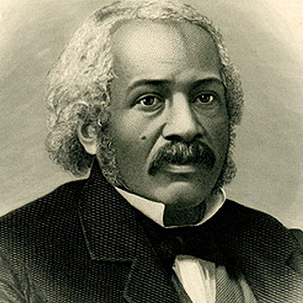
Dr. James McCune Smith
James McCune Smith was not just any physician. He was the first African American to earn a medical degree, educated at the University of Glasgow in the 1830s, when no American university would admit him. On top of being the first African American to publish peer-reviewed articles in medical journals; he also wrote essays and gave lectures refuting pseudoscientific claims of black inferiority and forecast the transformational impact African Americans were destined to make on world culture. (Source)
Shirley Chisholm
During the racially contentious period in the late ’60s, “Fighting Shirley” Chisholm became the first Black woman elected to Congress. She represented New York’s 12th District from 1969 to 1983, and in 1972, she became the first woman to run for the Democratic Party’s presidential nomination. Her campaign slogan: “Unbought and unbossed” rings even louder today. (Source)
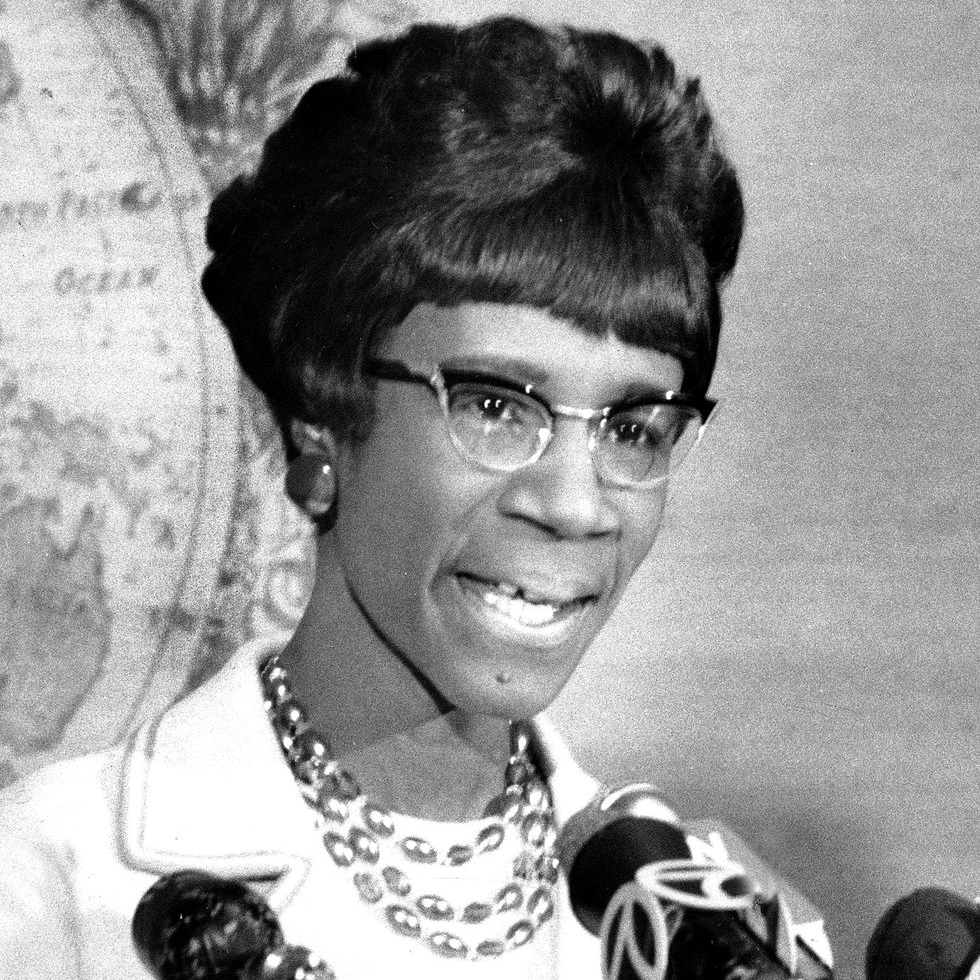
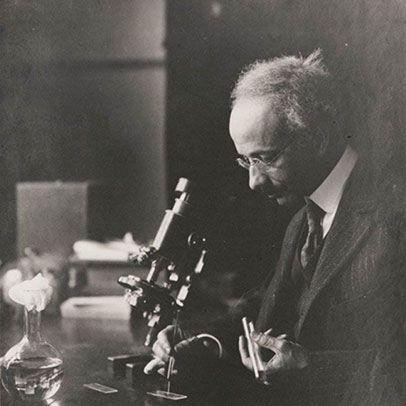
Dr. Solomon Carter Fuller
Solomon Carter Fuller is widely acknowledged as the first African American psychiatrist but underappreciated as a pioneer of Alzheimer’s disease. He immigrated to the US from Liberia at age 17 and excelled in his medical career to become associate professor of both pathology and neurology at Boston University by 1921. He was one of five research assistants selected by Alois Alzheimer to work in his laboratory at the Royal Psychiatric Hospital in Munich, an experience that arguably paved the way for trailblazing research in Alzheimer’s disease. Dr. Fuller was the first to translate much of Alzheimer’s pivotal work into English. He published what is now recognized to be the first comprehensive review of Alzheimer’s disease. His achievements, in a period when African American physicians were under-represented, merit greater recognition. (Source)
Patricia Bath
Patricia Bath was the first African American to complete a residency in ophthalmology in 1973. Two years later, she became the first female faculty member in the Department of Ophthalmology at UCLA’s Jules Stein Eye Institute. In 1976, Bath co-founded the American Institute for the Prevention of Blindness, which established that “eyesight is a basic human right.” In 1986, Bath invented the Laserphaco Probe, improving treatment for cataract patients. She patented the device in 1988, becoming the first African American female doctor to receive a medical patent. (Source)
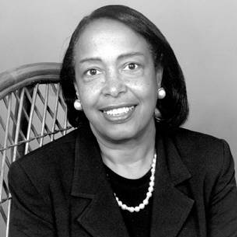
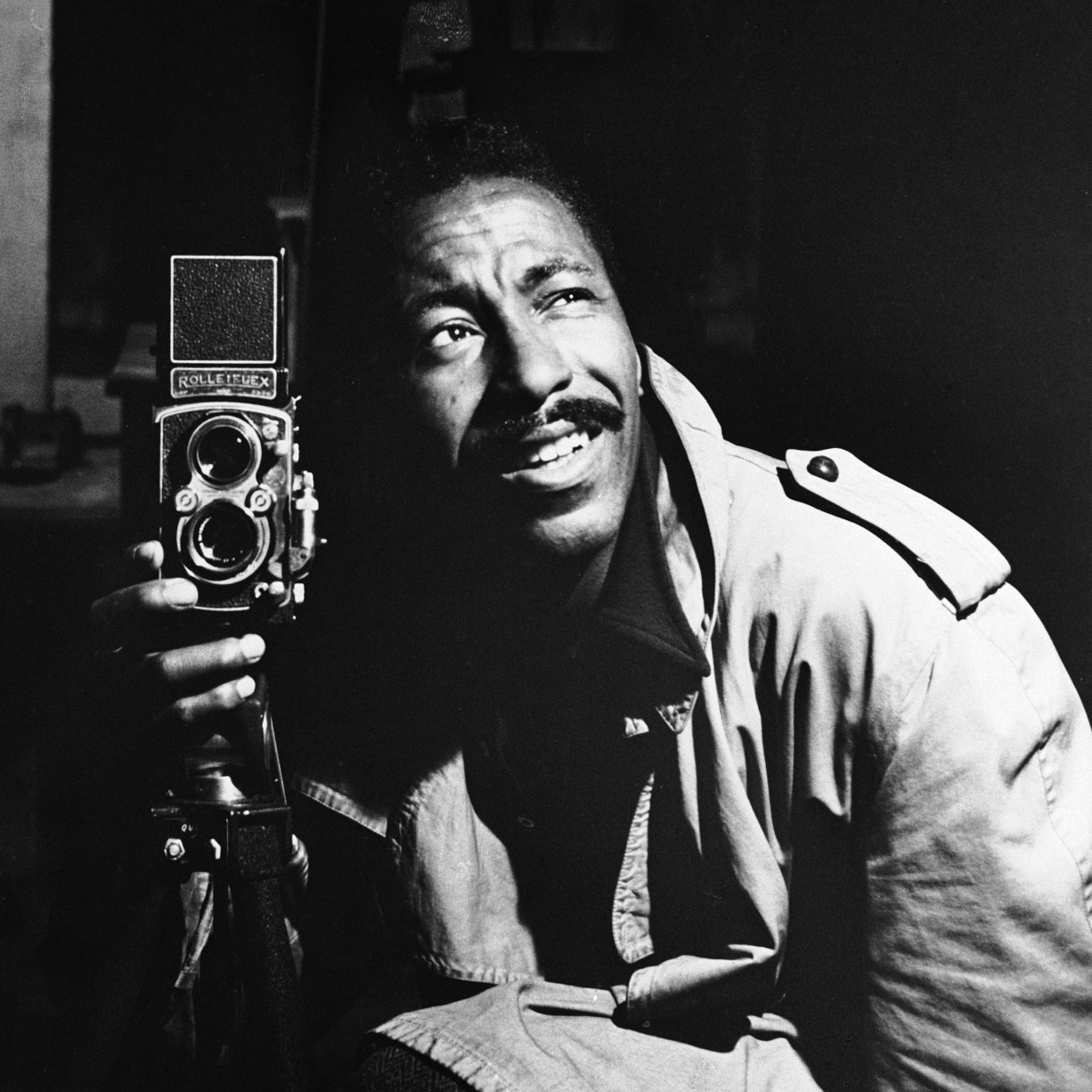
Gordon Parks
Gordon Parks, one of the greatest photographers of the twentieth century, was a humanitarian with a deep commitment to social justice. He was the first African American photographer for LIFE magazine, and later helped found Essence. His exceptional body of work documents American life and culture from the early 1940s into the 2000s, with a focus on race relations, poverty, civil rights, and urban life.”I saw that the camera could be a weapon against poverty, against racism, against all sorts of social wrongs. I knew at that point I had to have a camera.” (Source)
Throughout February, we will be sharing more stories of individuals whom we admire through their unbending character, strength in the face of adversity and achievements.
Continue on to: Part Two | Part Three | Part Four
